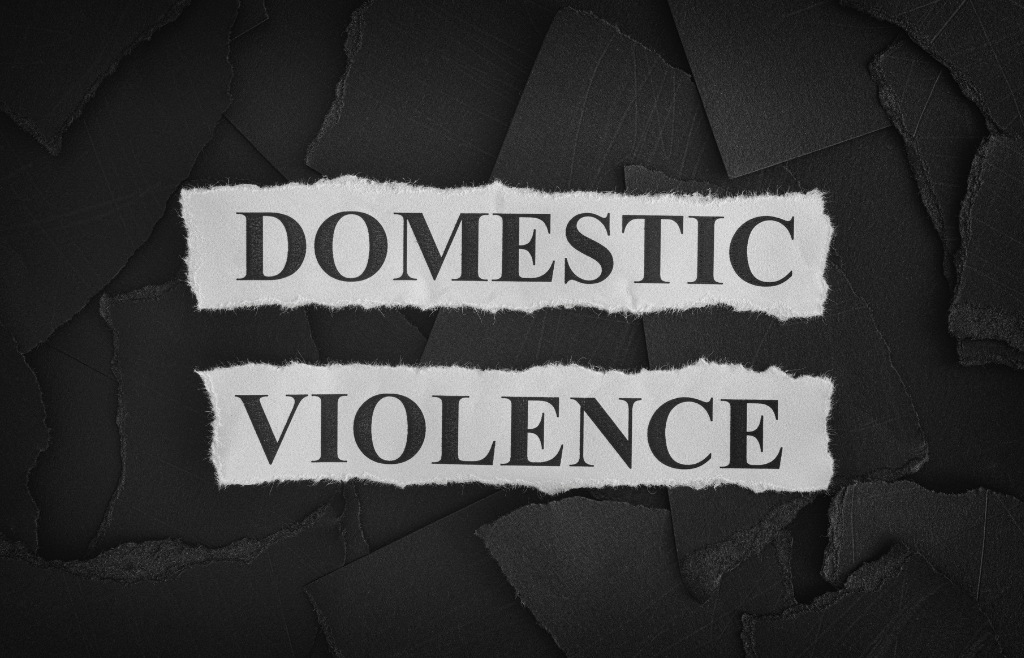
Domestic violence is a serious and heartbreaking problem that affects families all over the world. Many victims of domestic violence utilize restraining orders, or protective orders, to prevent someone close to them from continuing their harmful behavior. It can be an effective tool for those who truly need it, but it also has the potential to cause unnecessary harm when the right is abused. In order to understand the benefits and consequences of a protection order, it’s important to learn how they work.
What is a Protective Order and How Do You Get One?
A protective order is a document that someone can file within the court system to stop another individual from causing harm. In many court circuits, it’s actually possible to file a protection order online for the convenience of victims of domestic violence. The petitioner may be required to give some evidence such as making an official statement of the circumstances around their request. Once filed, a judge will make a decision on whether to grant the protective order. If granted, the court order will require that the individual stop harmful behavior, such as stalking, harassment, physical violence, or emotional abuse, by temporarily or permanently ordering the respondent to stay away from the petitioner or engage in any form of contact with them.
What Happens If a Protective Order Is Brought Against Me?
If someone has filed a protective order against you, it can have grave consequences on your life whether you have actually caused harm to the accuser or not. Not only will it make it more difficult to resolve the conflict with your accuser, but it will affect your reputation, legal standing, and even result in job loss or affect future job opportunities. A protective order is not a civil matter, but a criminal one that respondents should address with legal counsel as soon as possible. It’s extremely important not to sign any documentation or agree to any terms, as the court will view the accusations of violent crime or physical assault as fact. A lawyer will give you the tools to respond to the protective order and dispute the facts within it to limit the damaging impact it has on your life.
Conclusion
A protective order is an excellent tool for empowering individuals experiencing domestic violence and aiding them in finding the safety and security that every person deserves. However, the power and severity of a protective order are diminished when used as a tool for petty disagreements or personal gain. If you or a loved one has been impacted by a protective order, there is still recourse. Contact our firm to schedule a virtual consultation, or call the office at (704) 644-8324.